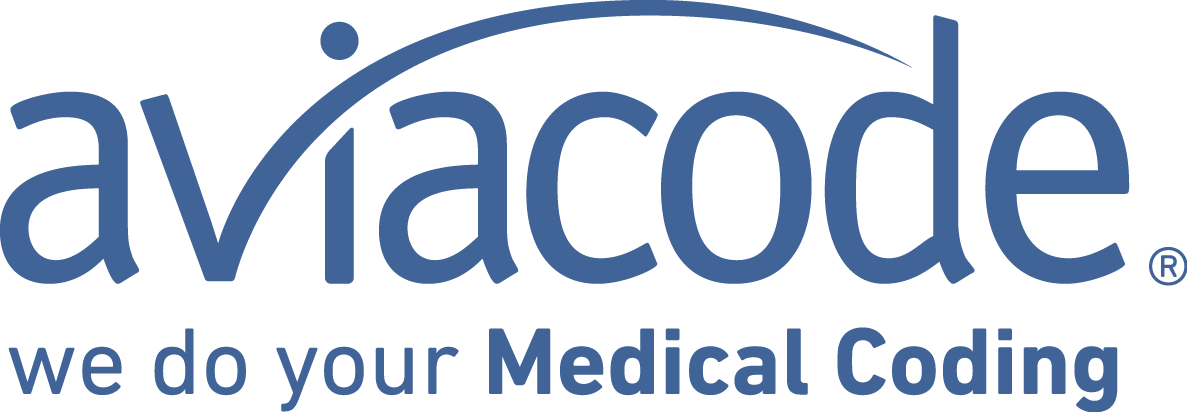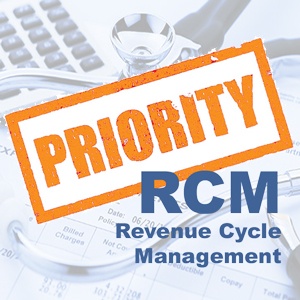The medical coding industry has evolved since the mandate of ICD-10 on October 1, 2015. There were concerns of increased backlogs, first-pass denials, and hiring challenges. That wave of concerns has given way to a maturing outsourced coding industry.
KLAS Outsourced Coding 2018 Report Shows an Increasingly Competitive Market with 54% of Providers Maintaining or Increasing Their Outsourcing
Topics: Medical Coding, HIM, Outsourcing
Healthcare Executives Survey Cites Cost Transformation Need as Revenue Cycle Management Improvement Has Jumped to Top Hospital Priority
A recent Kaufman Hall survey found that an overwhelming majority of healthcare executives (96 percent) stated that cost transformation is a significant need for their hospital or health system. Yet, over 50 percent of organizations surveyed either do not have a healthcare cost reduction goal or have such a small goal that it will not, in reality, transform their cost structures.
Topics: Medical Coding, HIM, Clinical Documentation, Denial Management
Stop Challenges Before They Happen with a Comprehensive Accuracy Review of Coding-Related Practices
A recent Becker’s Hospital Review article stated that Catholic Health had agreed to pay $6M to settle overbilling allegations. A nursing home subsidiary of the health system allegedly submitted claims to Medicare for the highest and most expensive levels of therapy when that type of therapy was not medically necessary or was unsupported by medical records. The allegations against Catholic Health were originally brought by a whistle-blower under the qui tam provision of the False Claims Act.
Topics: HIM, Clinical Documentation, Coding Compliance, Medical Coding Audits
Revenue Cycle Management Expected to Grow 11% Annually
The medical sector has been undergoing a series of interminable changes over the last few years. In consequence, healthcare revenue cycle management (RCM) market is set to witness a marked growth because of the rising need for timely bill reimbursements and insurance claims. Increased complexity in the medical coding process has led to the necessity of RCM solutions that help reduce billing errors.
Topics: Medical Coding, HIM, Clinical Documentation, Denial Management, Coding Compliance, Medical Coding Audits
Hospitals are Reprioritizing Revenue Cycle Management Upgrades Above Other Initiatives
Almost three-quarters of struggling hospitals are re-prioritizing revenue cycle management over a number of other initiatives. A recent Black Book Market Research survey uncovered that hospitals leaders are pushing revenue cycle management to the top of their priority lists in this last quarter of 2017. The Black Book Research indicated that 74 percent of struggling hospitals are putting population health, analytics, physician practice acquisitions and recruitment, and patient engagement on the back burner to reprioritize revenue cycle management through Q4 2017.
Topics: Medical Coding, HIM, Denial Management, Medical Coding Audits
Coding Contest Finding 41% Outpatient Coder Accuracy Demonstrates the Need for Improvement
A recent nationwide ICD-10 coding accuracy and productivity contest by Central Learning demonstrates the fact that the medical coding industry still needs to greatly improve in order to achieve a respectable and acceptable ICD-10 and CPT coding accuracy level. Although there was a slight improvement in inpatient and emergency department accuracy, the ambulatory surgery accuracy score decreased. The average inpatient coder accuracy was 61 percent and the average outpatient coder accuracy was 41 percent.
Topics: Medical Coding, HIM, Medical Coding Audits
Average Hospital Leaves $22 Million on the Table Due to Poor Revenue Cycle Performance
The Advisory Board Company in a press release earlier this year announced that the average 350-bed hospital has an overlooked opportunity of up to $22 million in revenue capture. Improving revenue cycle performance to decrease missed revenue opportunity means responding to four market forces.
Topics: Medical Coding, HIM, Denial Management
Outsourced Coding and Health Information Management Market Expected to Double in 2018 – Aviacode Once Again Ranked Among the Top Outsourced Coding Vendors
A recent Black Book Market Research survey indicated that the outsourced coding and Health Information Management market is expected to double in 2018. Within this survey, Aviacode was once again ranked among the top vendors in outsourced coding.
Topics: Medical Coding, HIM
If you are considering having a serious career in medical coding, the first thing you need to do to gain credibility is to get certified. There are several different types of certifications for medical coders so make sure you know which one would be best for you. The certifications are split into two different levels: entry- level certifications and advanced certifications. Here are some of the most popular certifications:
Entry-level Certifications
Certified Coding Associate (CCA)
This is offered through AHIMA and is one of the most basic certifications that they offer. The program is designed to give medical coders a general understanding of coding principles. It will create coding competency in both hospitals and physician practices.
Eligibility Requirements:
- High School Diploma
Eligibility Recommendations:
- 6 months of medical coding experience
- Completion of an AHIMA approved coding program
Topics: ICD-10, Medical Coding, HIM
5 Time Management Tips for Healthcare Professionals
These days, it’s easy to feel stretched for time with all of the things going on in healthcare. That’s why it’s extremely important that healthcare professionals are helping manage your practice’s time in the best way possible. Time management will affect the number of patients you see, how many medical claims you send out, and the overall effectiveness of your practice. Here are a few tips to help your practice manage its time properly.
- Set Goals for Your Practice
Make sure your practice has short and long term goals put in place. If you don’t know what you want for the future of your practice it will be difficult to be successful. Each goal you set should be a SMART goal: Specific, Measurable, Attainable, Relevant and Time Bound. Make sure the goals you set are written down, and reviewed frequently. Help maintain accountability by letting your staff know about the goals for the practice. Perhaps even give incentives to your staff if certain long-term goals are reached.
- Stay on Track with Patient Appointments
Topics: Medical Coding, HIM, Healthcare, Time Management












